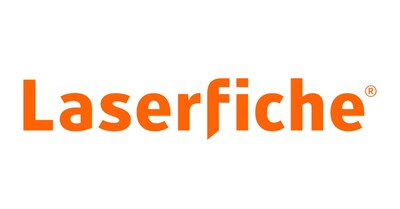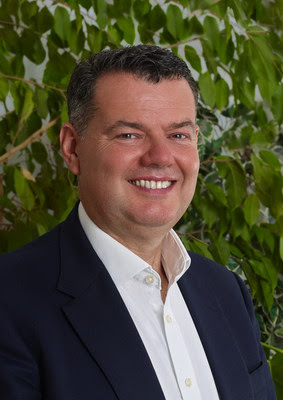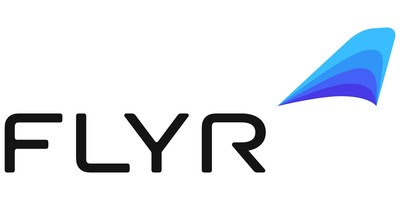The fluctuating severity of the pandemic and ever-changing public health pronouncements have left North Carolina with a patchwork of masking requirements, mirroring much of the United States. Some residents embrace the mandates, others do not.
“I personally feel like it affects my breathing,” said Mackenzie Gilley when asked about mask-wearing.
Gilley, 26, a leasing agent in a Charlotte high-rise apartment complex, said masks impede her work.
“I have a job that’s always been on the front lines in property management, where it’s very difficult to talk to people and relate to people wearing the mask all day,” Gilley told VOA.
In May of this year, as vaccination rates increased and COVID-19 cases plunged, North Carolina Gov. Roy Cooper lifted a statewide mask mandate that had been in effect for nearly a year.
In August, amid a surge of COVID-19 cases triggered by the delta variant, the city of Charlotte reimposed a mandate that masks be worn “in any indoor public place, business, or establishment” regardless of a person’s vaccination status.
The Aug. 18 citywide mandate was followed by a similar order for surrounding Mecklenburg County, population 1.1 million, where average daily infection rates topped 500.
The trend of rising infections appears to have reversed in recent weeks, but area residents are nevertheless compelled to embrace a public health measure some find cumbersome, and many had hoped were a thing of the past.
Others applauded Charlotte for requiring masks indoors.
“Personally, I was very happy about the mask mandate,” medical student Kirthi Reddy, 23, told VOA. “I think this is a great step to try and control the virus the best we can.”
Reddy, who is aiming for placement as a medical resident, added, “COVID is something that is rapidly spreading and mutating, so I think it’s very important. If we don’t (mask up), the virus will only mutate and spread even more.”
Gilley urged a case-by-case basis for face coverings.
“I think it should be up to the (individual) business whether or not they want to enforce it,” she said. “It has just gone on for way too long.”
Health care professionals like pediatric nurse Zoe Morgan warned against apathy in preventing virus transmission.
“I think the new mask mandate since the delta variant is very necessary,” she said, adding that, even with rising vaccination rates, people shouldn’t lose diligence in protecting themselves.
“I think everyone getting vaccinated and the numbers of vaccinated (people) increasing is wonderful,” Morgan said. “However, the delta variant is just that, it’s a variant. This proves that we can still catch the virus, spread it, even if we are vaccinated.”
Morgan described how a few weeks ago, amid aggressive spread of the delta variant, her entire hospital unit suspended operations when several staffers contracted the virus, forcing her and her colleagues into quarantine. The unit resumed admitting patients this week.
Morgan believes people went about their lives with a false sense of security as the delta variant spread.
“I think this has to do with the delta variant, and people feeling reassured since everyone was getting vaccinated, the numbers were going down, and employees were admittedly less strict and … probably not as diligent as they should have been with masks,” she said.
Enforcing the mandate
Authorities in Charlotte and Mecklenburg County are relying on the public to comply with mask mandates rather than strict enforcement. As of the beginning of the week, the local police department reported it had issued zero citations for failing to wear a mask since the renewed orders went into effect.
The Charlotte Mecklenburg Police Department (CMPD) “has worked to reach voluntary cooperation with each member of the community through education and conversations,” Public Information Officer Thomas Hildebrand told VOA, saying officers have focused on communication and outreach to the community.
“Our efforts are prompted through a complaint-driven approach,” he said. “This has been the CMPD’s approach to consistent enforcement of the mandate, and it will remain so until the mandate is rescinded.”
Some see voluntary enforcement as no enforcement.
“I think the overall mask mandate should be enforced a little more,” said Tamia Wately.
The 21-year-old works at an arcade park and said that mask-wearing is not strictly enforced in her workplace. She indicated she would welcome more coercive means to force compliance.
“It would definitely make a difference. I think many companies would start enforcing it more,” she said, adding that, to the extent she can make arcade visitors don masks, “I try to do my best.”
Morgan said business owners should do their part.
“I think everyone should just kind of be, in essence, a team player and wear their masks,” she said.
No date has been set for ending mask mandates in the Charlotte area. Local officials told VOA any decision will be made in consultation with Mecklenburg County’s health department.
Meanwhile, the city is incentivizing municipal employees to get vaccinated, offering a $250 pay bonus to those who provide proof of vaccination by Sept. 30. An additional bonus has been promised if the municipal workforce reaches a 75% inoculation rate.
As of Sept. 1, about 62% of Charlotte city employees were vaccinated.
For Mecklenburg County as a whole, about 54% of the population, or just over 600,000 people, were fully vaccinated as of Sept. 16.
Source: Voice of America




